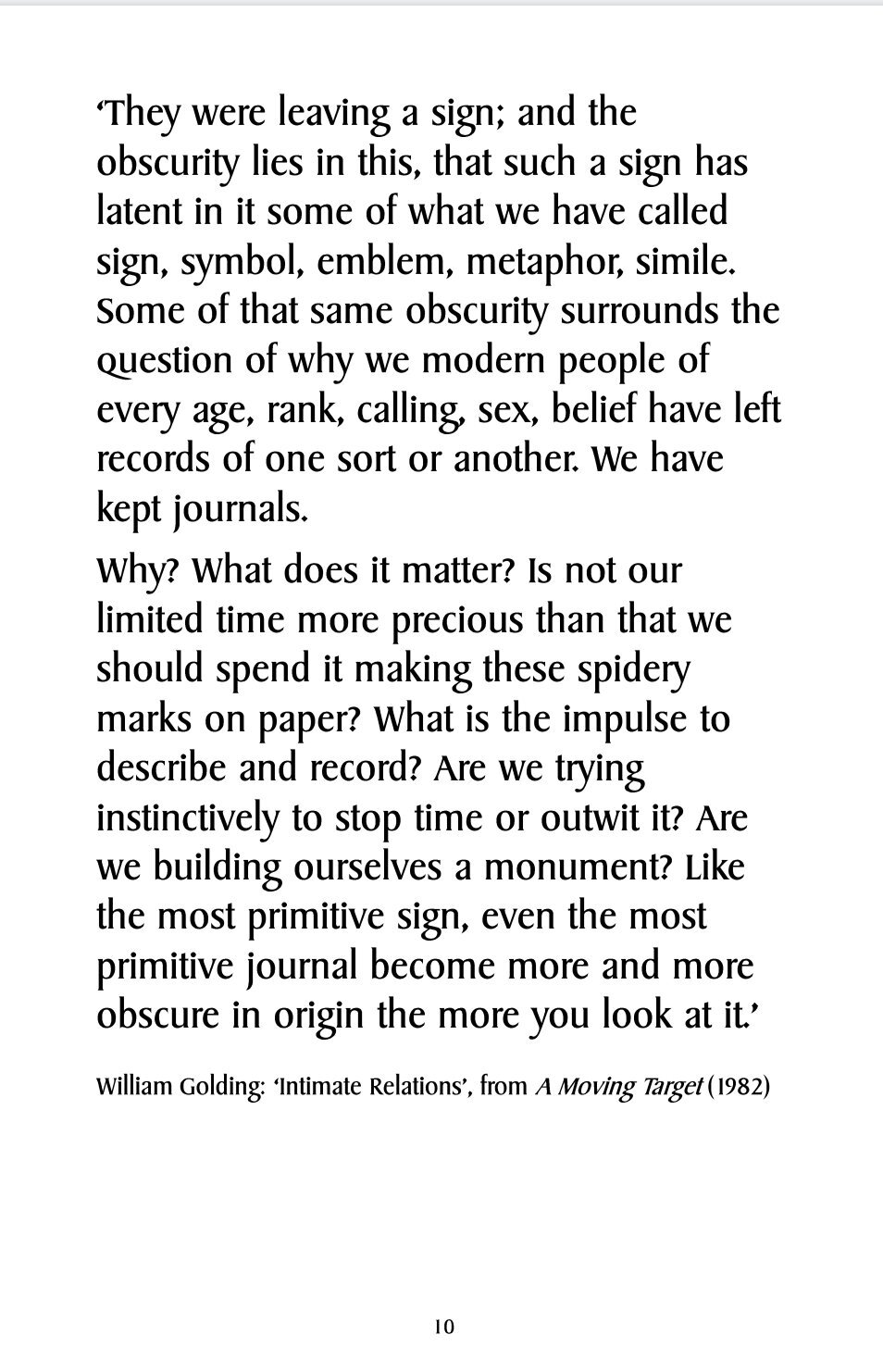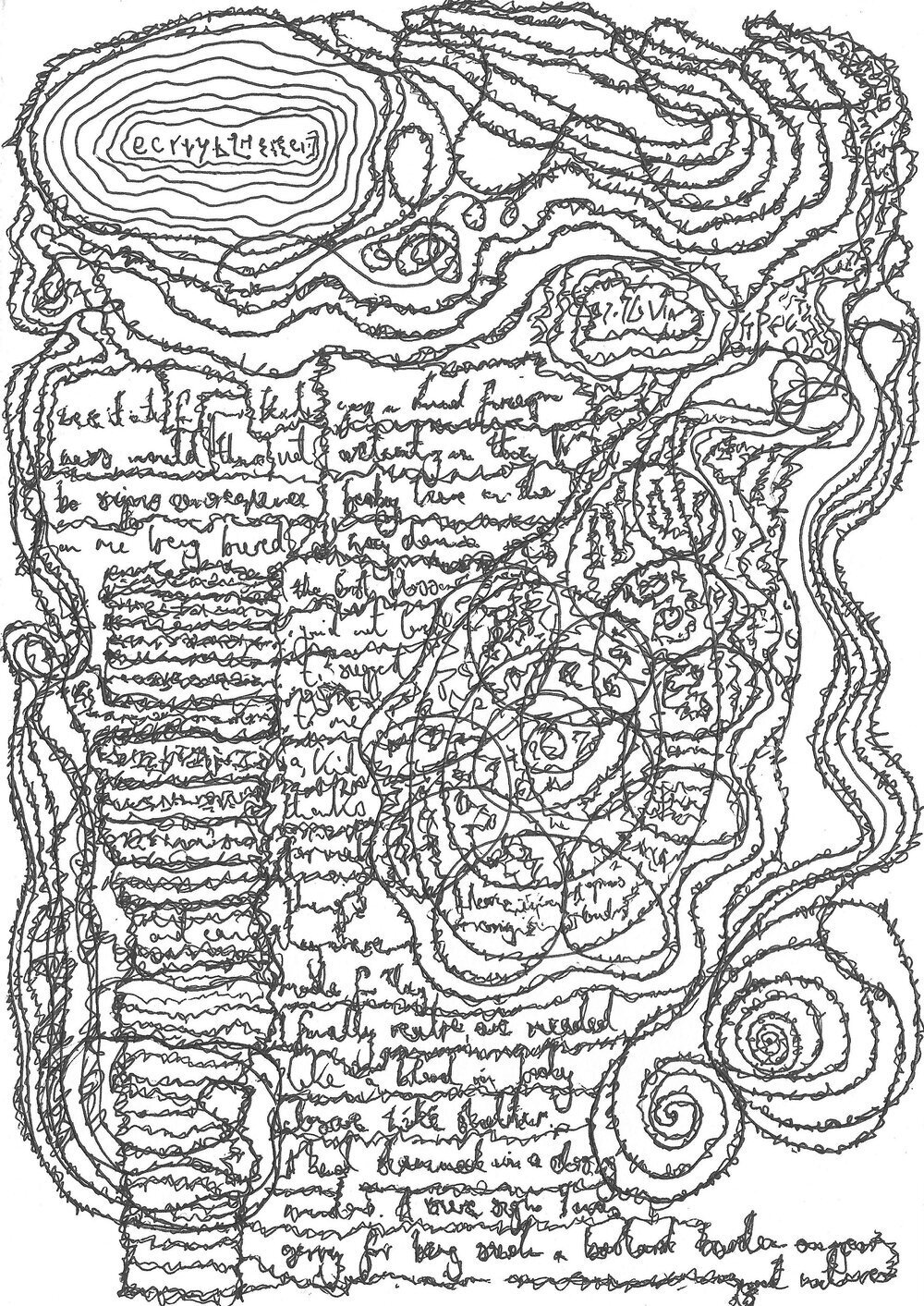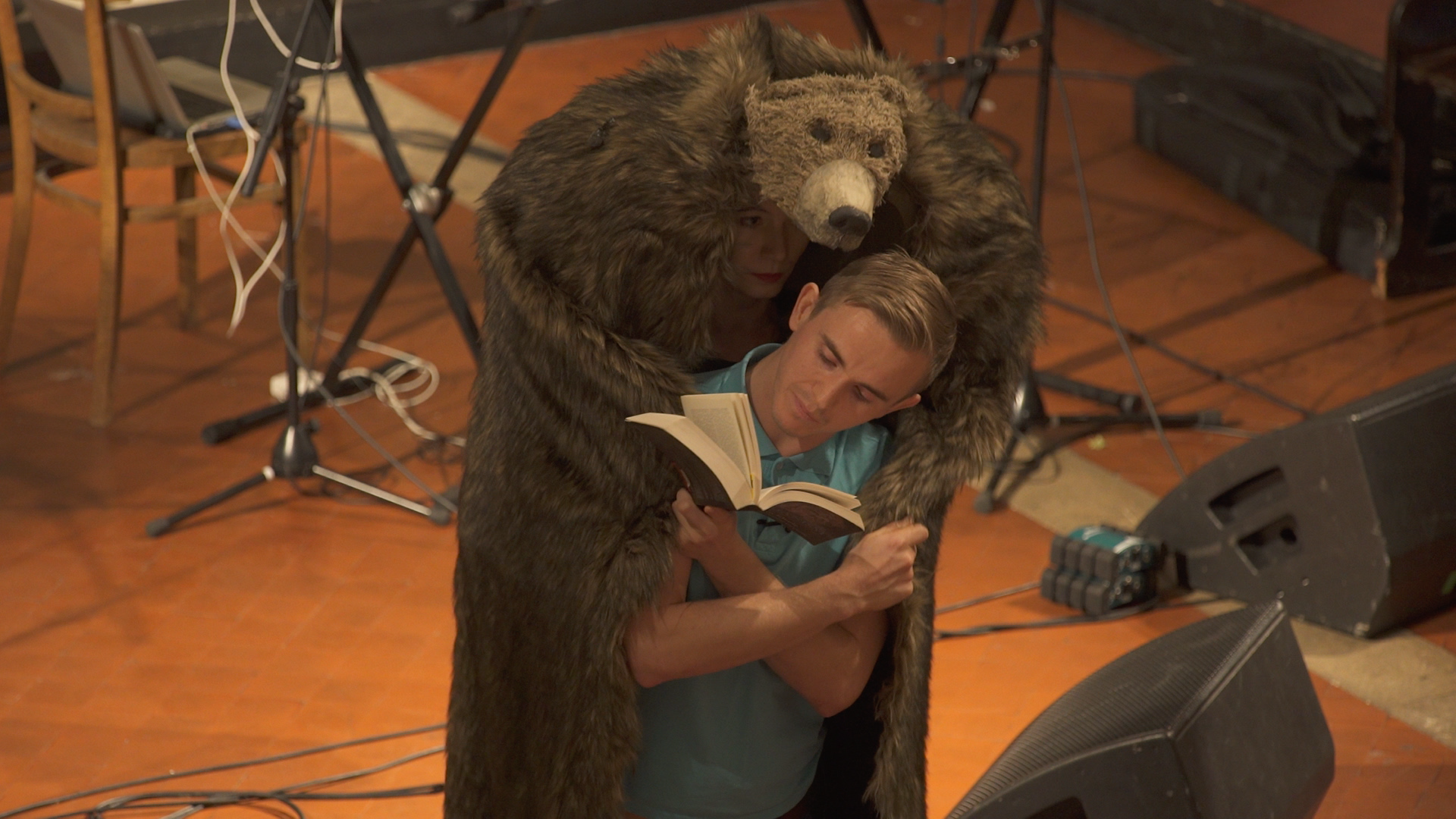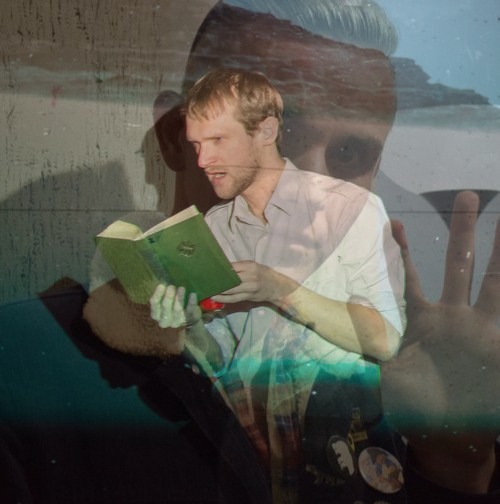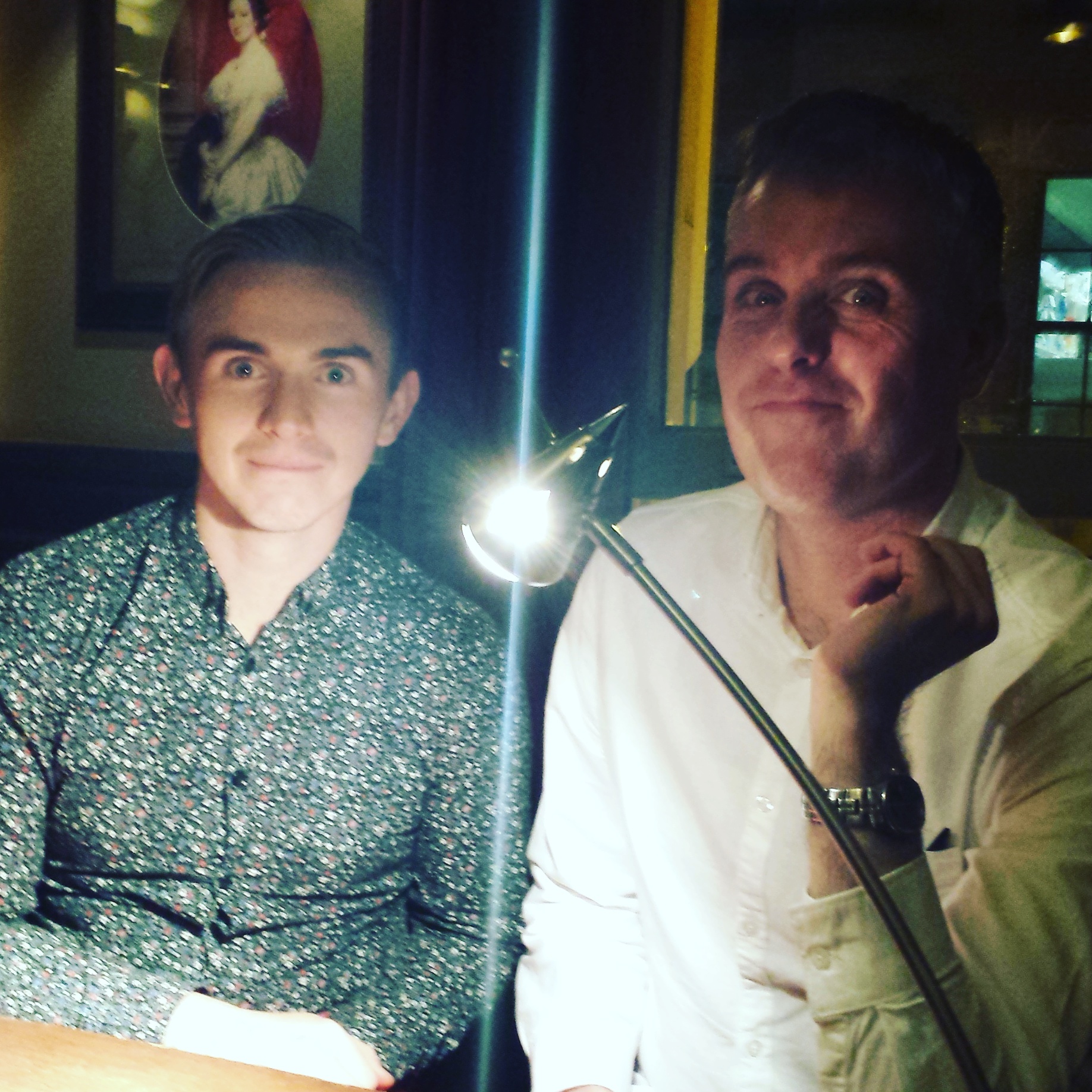http://www.3ammagazine.com/3am/top-reads-2016-steven-j-fowler/
Vladimir Mayakovsky, Volodya: Selected Works, edited by Rosy Patience Carrick (Enitharmon Press)
I’ve been reading Mayakovsky my whole poetry life, which isn’t that long, but he’s always been important to me, but this volume, well I suppose it did what it was supposed to do – crystallise, refocus, intensify appreciation. It blew me away. I read it cover to cover, twice over, and dipped further. I bought copies for friends who don’t read poetry. It’s artfully edited, beautifully produced, and just the man’s energy, his range, his deep innovation, it sings from the pages. Huge credit to Enitharmon, always a great list – just look to David Gascoyne, Lee Harwood, UA Fanthorpe etc.. – the last few years have been especially exciting times from the Bloomsbury based press.
Vahni Capildeo, Measures of Expatriation (Carcanet)
The significance of Vahni Capildeo’s book doing so amazingly well with prizes and critics is that it is deeply, resonantly complex, intellectual and innovative. It is multifaceted and challenging, insightful but never cloy. This is the modern poetry I have been moaning has not been receiving its due for years. It is a brilliant book, like her last book from Shearsman Books, and the one before that from Eggbox. Suddenly it caught alight in people. I will now shut up about prizes overlooking the actually contemporary / modern / avant-garde. For a few months. Credit to Carcanet too.
Stephen Emmerson, Family Portraits (If P Then Q)
Emmerson is criminally underrated, he should be seen as a major, pioneering figure of the British avant garde and his work from publisher If P Then Q furthers that reputation. It’s a gesture in a book, an austere refusal of the indulgent lyric.
Harry Man, Finders Keepers (Sidekick Books)
A true collaboration with the artist Sophie (which places it close to my heart from the off), this is poetry that is actually mindful of its engagement with ecological themes. As ever with Harry Man the poems are hard to pin down into one literary tradition, he is an original, never obtuse but neither overtly complex. It’s a beautiful book and a real achievement as a project.
Diane Williams, Fine, Fine, Fine, Fine, Fine (CB Editions)
Charles Boyle Editions are a list I follow just on previous form (look to David Markson, JO Morgan, Will Eaves, Francis Ponge etc..) and I have to admit I hadn’t come across Diane Williams before I picked this up. Now I am in deep, her work is everything I look for, and this book really impacted my writing, it’s fiction but it’s poetry too, as I’d deem it – full of expert twists on banal detail, mishearing, disjunction and play. Sophisticated and really funny.
Jen Calleja, Serious Justice (Test Centre)
A great debut, another great book from Test Centre. Her poetry is a intricate, subtle, conversational fusion of Calleja’s expertise, without being reductive, which is punk music and the European high literary tradition. It’s original, vital, memorable, get it.
Tom Jenks, Sublunar (Oystercatcher Press)
Oystercatcher is one of those British presses poets know, and follow, their backlist is a resource and Sublunar from Tom Jenks is a 2016 highlight for me. Jenks is the most exciting conceptual poet I know, but his range is like his prolificism, to be admired. Still the rarified nonsense of publishing once every 7 years lingers around British poetry, just so romantic dinosaurs can insist on their genius as though their poems were faberge eggs made better by their scarcity. Jenks is doing the work to unpick this, publishing brilliantly and frequently. Get everything he’s done.
Luke Kennard, Cain (Penned in the Margins)
A wonderful book, beautiful to behold, dark in its way, witty too, of course, as Kennard’s work has long been lauded – he’s been a feature on the British poetry scene for a decade, massively to his credit traversing many different spaces and practises. This book is really so striking – conceptually clever, and gorgeously designed, as usual, from Penned in the Margins. It won a prize for design in fact. It should win for that which lies within the covers too.
Gabriele Tinti, Last Words (Skira)
Tinti’s book is a service – the project, to record and repatriate suicide notes, and one best received by poetry readers looking for insight often where it resides least, in the thoughts of those who think themselves professionally insightful. Tinti removes the barrier, it’s a difficult read because things are difficult.
Mark Waldron, Meanwhile, Trees (Bloodaxe Books)
Waldron is not underrated, as he’s properly well known, but I have this suspicion he is misunderstood, portrayed as casually, observationally misanthropic almost as though that’s token in a dayglow world of poetry about bees and mushrooms, written while the world burns. His work is intimidatingly poised, beautifully crafted, engaging, thoughtful, wears its intelligence in its technique, lightly and completely absorbing. A highlight from Bloodaxe this year.




